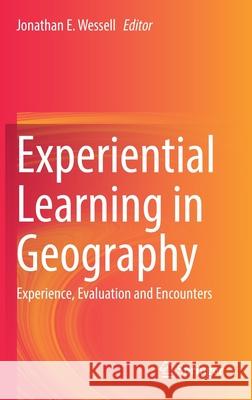Experiential Learning in Geography: Experience, Evaluation and Encounters » książka
topmenu
Experiential Learning in Geography: Experience, Evaluation and Encounters
ISBN-13: 9783030820862 / Angielski / Twarda / 2021 / 220 str.
Experiential Learning in Geography: Experience, Evaluation and Encounters
ISBN-13: 9783030820862 / Angielski / Twarda / 2021 / 220 str.
cena 603,81
(netto: 575,06 VAT: 5%)
Najniższa cena z 30 dni: 578,30
(netto: 575,06 VAT: 5%)
Najniższa cena z 30 dni: 578,30
Termin realizacji zamówienia:
ok. 16-18 dni roboczych.
ok. 16-18 dni roboczych.
Darmowa dostawa!
Kategorie BISAC:
Wydawca:
Springer
Język:
Angielski
ISBN-13:
9783030820862
Rok wydania:
2021
Wydanie:
2021
Ilość stron:
220
Waga:
0.50 kg
Wymiary:
23.39 x 15.6 x 1.42
Oprawa:
Twarda
Wolumenów:
01
Dodatkowe informacje:
Wydanie ilustrowane











